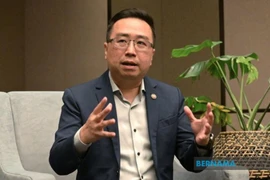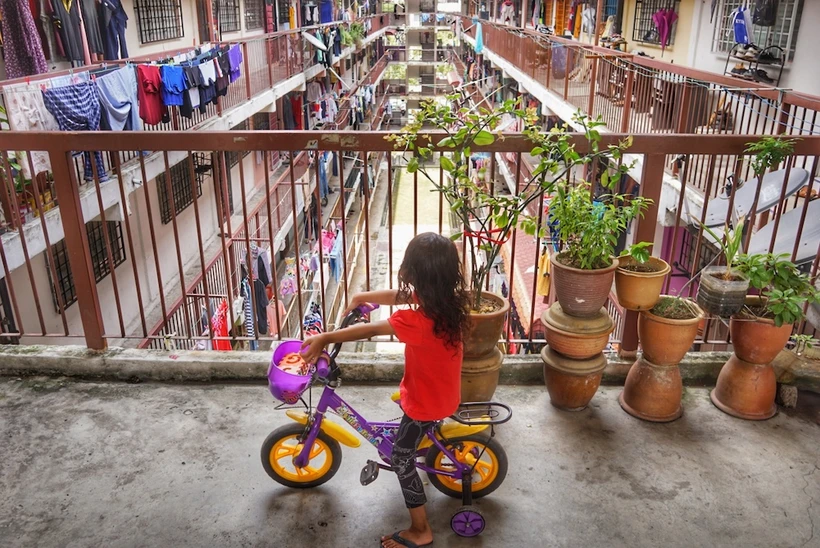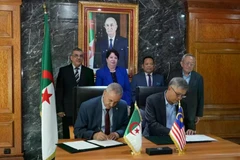Kuala Lumpur (VNA) – Malaysian Prime Minister Anwar Ibrahim has outlined five initiatives to reduce poverty in the Southeast Asian country.
The five initiatives are to enhance measurement of poverty, reform poverty eradication funds, unify data, change attitudes and mindsets, and strengthen efforts to end poverty.
In an announcement released on September 30, Anwar said that Malaysia will shift to a more meaningful measurement of poverty based on the concept of Net Disposable Income (NDI) as the basis for identifying target groups for aid distribution.
The NDI will take into account the Basic Minimum Living Expenditure (PAKW), which refers to the cost of living necessary for a decent living, including expenses for food, clothing, accommodation, utilities and transportation, and will vary by location and household demographics.
As for the second initiative, Reforming Poverty Eradication Funds, Anwar said the government is committed to continuing fiscal reforms as part of efforts to restructure the economy towards sustainability. This includes overhauling the subsidy structure to be more targeted, including social assistance and poverty eradication programmes.
For the third initiative, referring to Consolidating Data, continuous efforts will be made by the government to ensure that the database remains integral. All relevant agencies will collaborate by sharing data, information and resources to identify and resolve issues of hardcore poverty.
The fourth initiative refers to changing attitudes and mindsets, while the fifth and final initiative, strengthening efforts to end poverty, refers to using behavioural insights to understand the attitudes and behaviours of target groups in designing programmes to free a community or individuals from the clutches of poverty.
New data from the Department of Statistics Malaysia (DOSM) shows that Malaysia’s poverty rate increased from 5.6% in 2019 to 6.2% in 2022, with 490,000 households falling below the country’s median poverty line.
As of 15 August, the government is still working to lift more than 114,000 households out of extreme poverty.
To end extreme poverty, Malaysia has allocated 1.5 billion MYR (364 million USD) for initiatives and projects that can generate income for targeted communities./.

Malaysia jumps high in 2024 Global Innovation Index
Malaysia ranked 33rd out of 133 countries in the 2024 Global Innovation Index (GII) – the highest achievement since 2016, according to Minister of Science, Technology, and Innovation Chang Lih Kang.



























